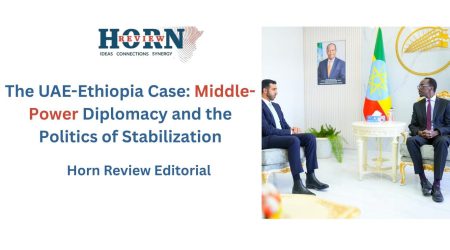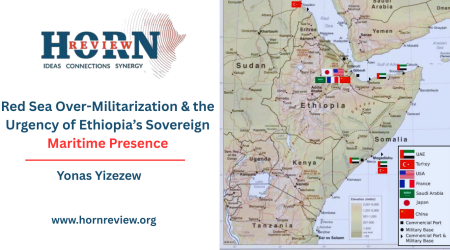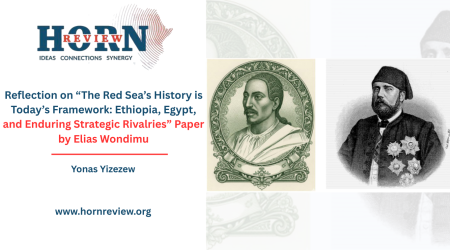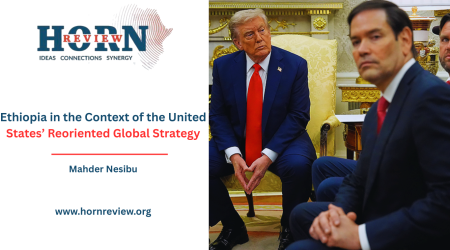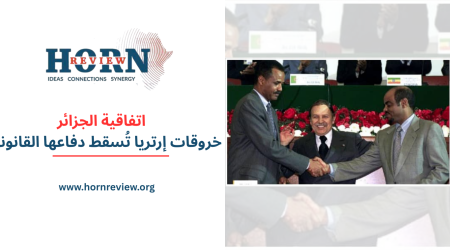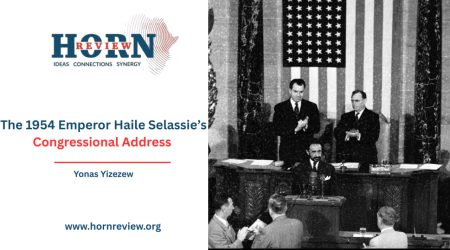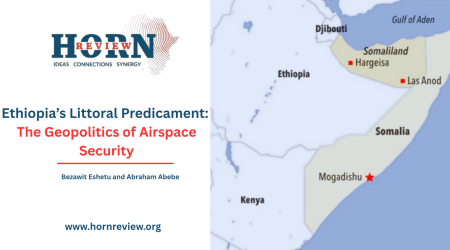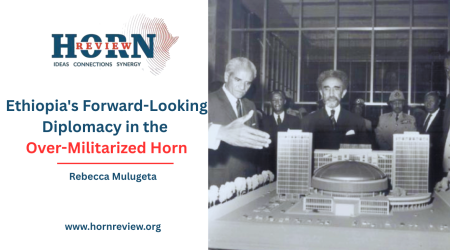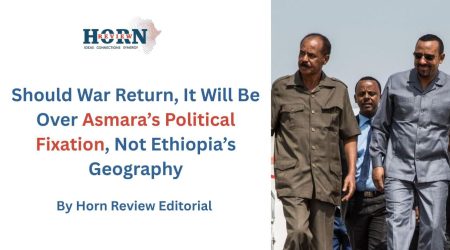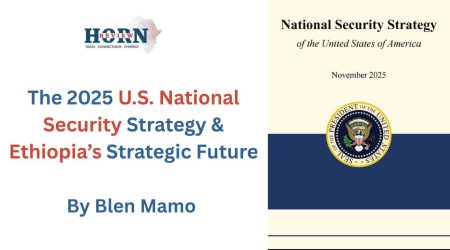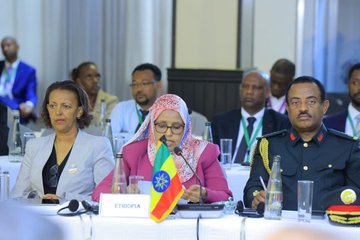
30
Apr
Why Ethiopia’s Full AUSSOM Participation is now clearly Non-Negotiable
The recent announcement by the Intergovernmental Authority on Development (IGAD) that the new AU peace keeping mission in Somalia, African Union Support and Stabilization Mission in Somalia, requires an additional 8,000 troops should not come as a surprise to those closely observing the deteriorating security situation within Somalia. For security experts, particularly those within Ethiopia, this revelation merely confirms the long-standing challenges and political complexities that have plagued the mission since its very inception. The volatile nature of Somalia’s foreign policy and its delicate relationships with neighbouring countries in the Horn of Africa have consistently hampered the potential effectiveness of this crucial peacekeeping endeavour, even before it achieved full operational capacity.
The complex regional politics in the Horn of Africa, intertwined with the significant strategic importance of the Red Sea, have been allowed to obscure the primary objective of what should be a focused and unified effort to combat the persistent threat of terrorism and establish a foundation for lasting stability in a nation that has endured decades of conflict. The Federal Government of Somalia (FGS), often characterized by its reactive stance in foreign policy matters, had seemingly integrated AUSSOM as a tool within its diplomatic interactions, employing it in its dealings with neighbouring states and various regional actors. This approach became particularly evident when Ethiopia began to articulate its legitimate questions regarding access to the Red Sea and was met with a demonstrably hostile response from its neighbours, most notably Somalia itself.
In a decision that appeared to prioritize political manoeuvring over pragmatic security considerations, the Federal government of Somalia, had effectively side-lined Ethiopia from assuming a meaningful and substantial role within AUSSOM. This decision seemed less driven by a thorough assessment of operational necessities and more by a discernible desire to counterbalance Ethiopia’s growing regional influence. The subsequent decision to include Egypt in the peacekeeping mission further fuelled scepticism among security analysts. Egypt’s lack of direct military operational experience within Somalia and its comparative unfamiliarity with the specific challenges of combating Al-Shabab raised serious questions regarding the rationale behind it. This particular move appeared to be more aligned with diplomatic posturing aimed at diluting Ethiopia’s influence rather than a genuine effort to strengthen AUSSOM’s capabilities.
Even after the Ankara Agreements and the reconciliation between Ethiopia and Somalia, the country remains limited in its contributions to the mission. The Diplomatic Community within Ethiopia itself, failed to build on the good will created by the Ankara Agreements and PM Abiy’s visit to Mogadishu. Instead of pushing for the solid footing in the mission itself and securing the ability of Ethiopia to deter al-Shabab, Ethiopian diplomacy prioritized appeasing the Federal government of Somalia over addressing legitimate security concerns.
The withdrawal of Burundi, following disagreements concerning the allocation of troops and the perceived limitations inherent in AUSSOM’s initial mandate, were early indicators of the mission’s problems. Burundian forces, which possess a considerable wealth of practical experience in the Somali terrain and counter-insurgency operations, were allowed to step back from the mission without any real effort to convince reengagement. The AU itself partially bears responsibility for these limitations. The institution has failed to seriously calibrate the threat posed by Al-Shabab and take the necessary measures to equip and structure AUSSOM is such a way as to meet the challenges Somalia faces today.
Given the urgent and pressing need for an additional security personnel to effectively address the escalating security challenges, Somalia must adopt a sober and realistic perspective. Any credible and effective effort to secure a stable future for Somalia remains in the active and substantial involvement of Ethiopia. Its geographical proximity to Somalia, its extensive history of engagement with the country across various dimensions, and, most critically, its profound and nuanced understanding of the intricate dynamics of the Al-Shabab threat, collectively position Ethiopia as an essential partner in any peacekeeping mission that genuinely aspires to achieve lasting stability.
The FGS needs to acknowledge that the most logical and impactful source for these crucial reinforcements lies within the experience of Ethiopia’s security apparatus. To deliberately overlook this undeniable reality will constitute a dangerously short-sighted underestimation of the steadily growing threat posed by Al-Shabab. The alarming recent gains made by the group serve as a stark and irrefutable reminder of the perilous security situation that continues to grip Somalia. Their increasingly frequent and sophisticated advances are a revelation the urgent and non-negotiable need for a robust, well-informed, and strategically coherent response.
The Federal Government of Somalia now stands at a critical and potentially decisive juncture. It must come to a pragmatic and unambiguous realization that the fundamental and overarching purpose of AUSSOM is singular and unequivocal: to effectively counter the persistent and deadly threat posed by Al-Shabab and, in doing so, pave a sustainable pathway towards lasting peace and stability in a country where the very concept of stability has for far too long felt like an increasingly distant and elusive dream.
President Hassan Sheikh Mohamud and his administration must therefore prioritize this core and overriding objective above all considerations of geopolitical posturing and regional rivalries. The only viable path forward necessitates a sincere, immediate, and comprehensive re-engagement with both Ethiopia and Burundi, actively and unequivocally urging their robust and meaningful participation in the new mission. This crucial step can only be effectively achieved by unequivocally separating the fundamental operational imperatives of AUSSOM from the often-turbulent and distracting currents of regional geopolitics. The time for engaging in counterproductive political manoeuvring has long since passed; the imperative for a unified, strategically sound, and demonstrably effective security response, spearheaded by those with the proven capacity to deliver tangible results, is now more urgent and critical than ever before.

